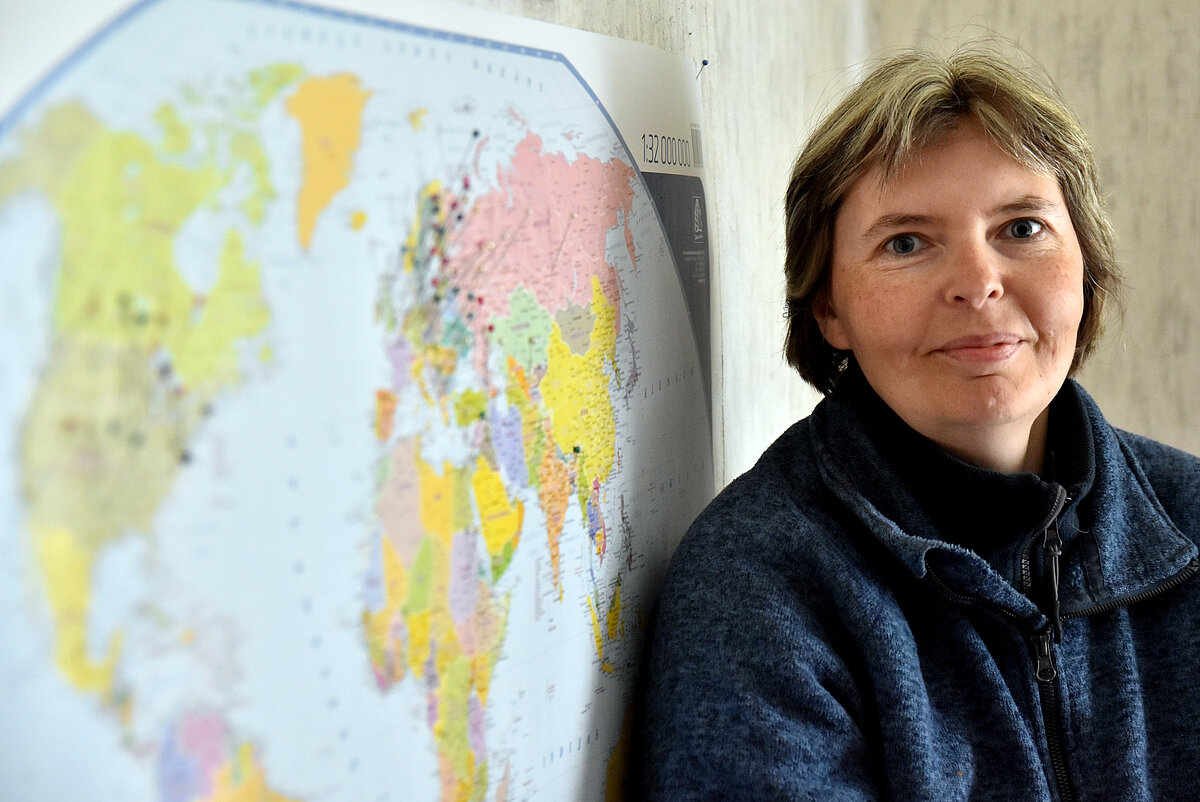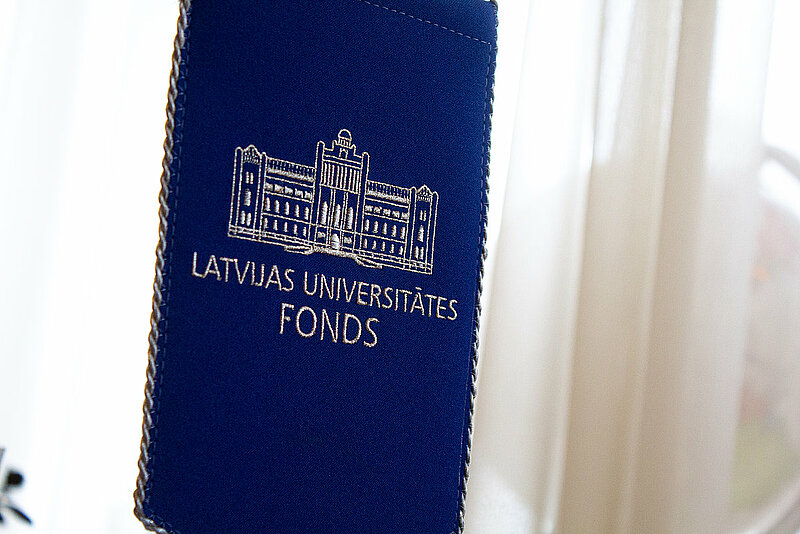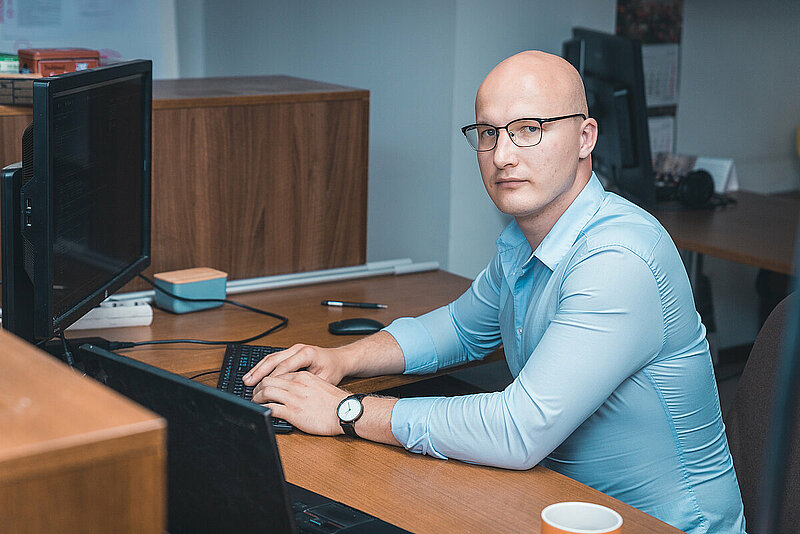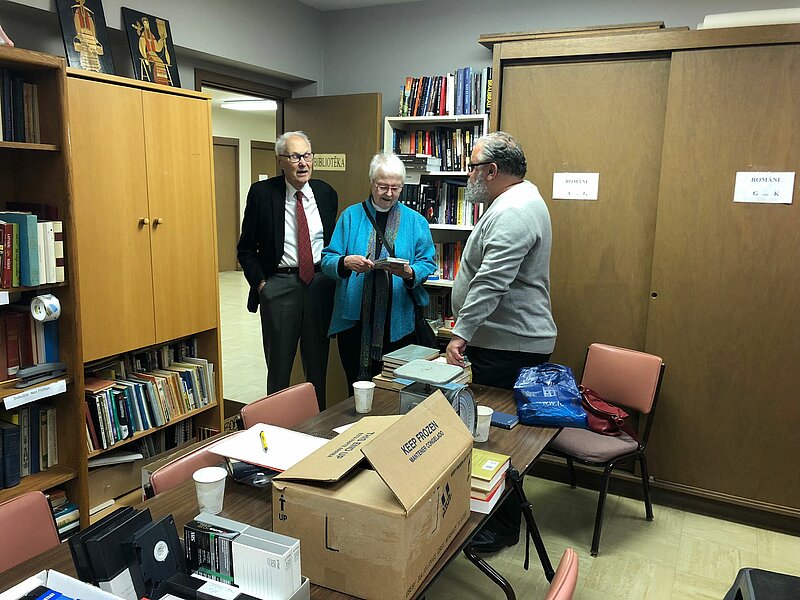
Kristīna Ēce is a first-year student of the PhD programme at the Faculty of Theology of the University of Latvia and a recipient of the Vilimantika Latvian Evangelical Lutheran Church scholarship administered by the University of Latvia Foundation. The topic of her thesis: The first missionaries from Kurzeme and Vidzeme - their contribution to the understanding of the role of women in church and society in 1896-1926. The doctoral thesis is being elaborated under the supervision of Professor Dr. phil. Valds Tēraudkalns.
The scholarship holder's doctoral thesis is dedicated to the history of the Latvian mission and the role of women in it, and will provide insight into a little-studied area of Latvian church history. The thesis aims to fill a historical gap in the understanding of the role of women in the foreign mission in Kurzeme and Vidzeme in the late 19th and early 20th centuries and their contribution to the Lutheran church and society at that time. Women's ministry in the Christian church has been perceived differently in different centuries. Mission ministry was one of the roles of church work that became more widely available to women in the 19th century, at first mainly to women from the USA and England. In the late 19th century, women from the Latvian territory also had this opportunity. In the Latvian church today, most denominations do not ordain women as pastors, but this does not prevent women from being missionaries and serving in this way.
Since the beginning of receiving the scholarship, the life and ministry in China from 1913 to the end of 1924 of the missionary from Riga, Lilija Otīlija Grīviņa (1883-1944), has been studied. She was a simple woman, a qualified teacher who responded to God's call to serve women in China. At a time when it was very difficult for a woman to become a missionary from Europe and at a time of great political instability in China, going there was a great challenge. On the mission field, she worked in a school for blind girls, teaching them life skills, and later at the Hunan Bible Institute, where she trained local women for internal mission work. Thus, we can get to know one of the few women from Latvia who made such a contribution to both church work and humanitarian causes. After returning from the mission field, L. O. Grīviņa held Bible classes in various churches in Riga and Jurmala, and gave lectures on her mission work. A study on the work and ministry of L. O. Grīviņa and their repercussions in the Latvian cultural sphere will be presented at the 80th International Scientific Conference of the University of Latvia in February 2022.
L. O. Grīviņa was one of the seven Lutheran missionaries who left Latvia for mission service. The life and ministry of the other six missionaries will also be investigated in the thesis, which will then allow this part of Latvian church history to be explored.
"Thanks to the scholarship, I have been able to buy the literature I needed so far, and use the digital tools and apps I need. This scholarship is an extra motivation for me to continue my research and strive forward," says Kristina.

 LU konference
LU konference





